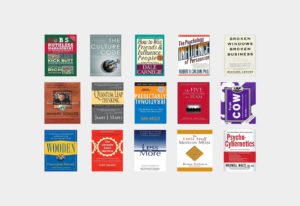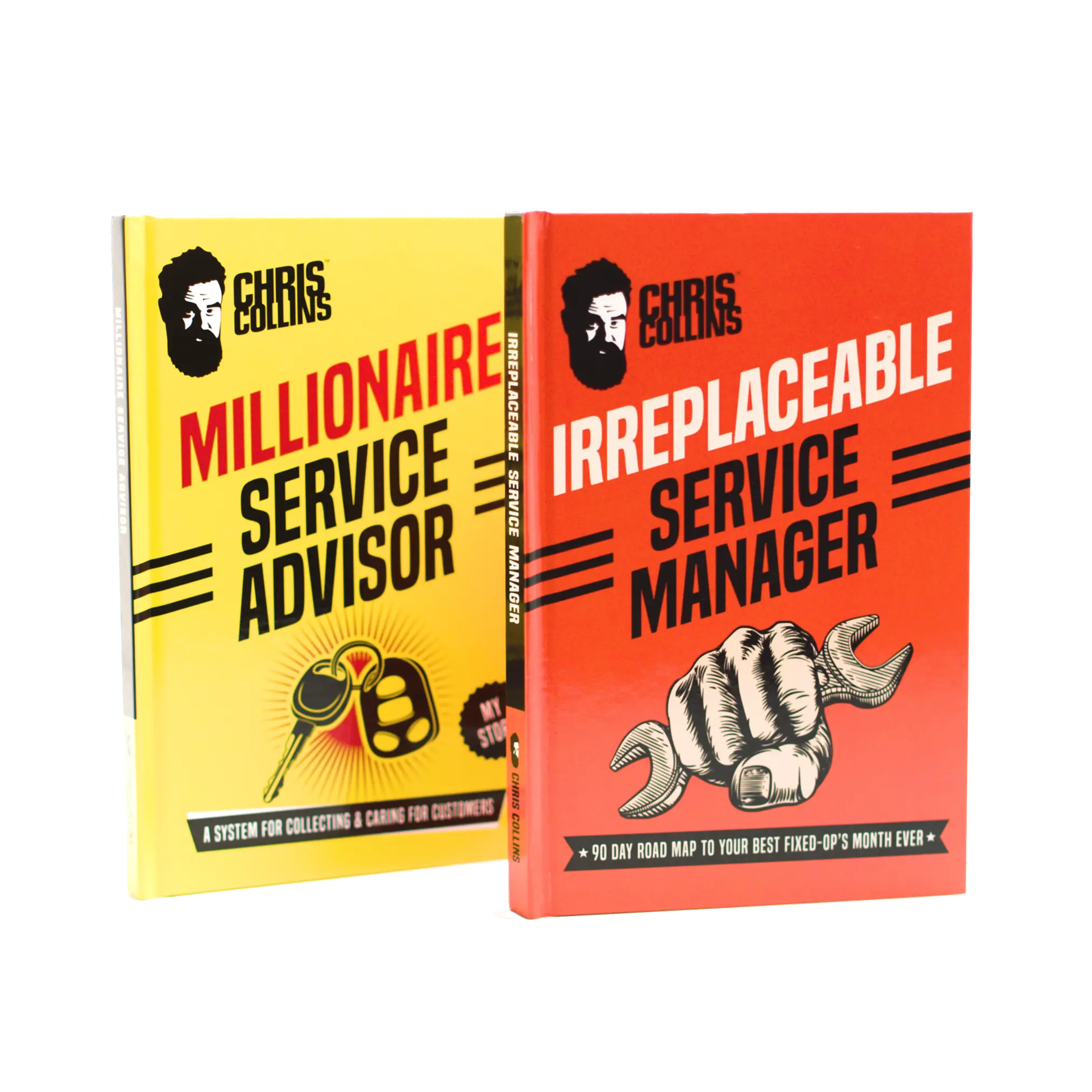My friend, mentor, and personal doctor, Dr. Roman Lal, M.D. joined us yesterday for a special live webinar episode of Service Drive Revolution, where he taught us how to keep our Service Department safe during the Coronavirus crisis.
You can listen on Apple Podcasts or Spotify, or watch the full episode on YouTube; but we’ve highlighted some of the Dr. Lal’s most important lessons for you right here. We’ve also compiled some of the best practices that my coaching team have observed in shops all across the U.S. and Canada into this free PDF that you can use to make your workplace a little bit safer during this Corona-crisis. I hope this helps to keep you informed and come up with a game plan for your Service Drive during this crazy time.
Every day I talk to dealers who are thriving and sadly some that are panicking. The one thing that all of the panicked dealerships have in common? They neglected their Service Departments until now, and that’s why they are the ones who have been hit the hardest by this crisis.
With new car sales and manufacturing shut down for the foreseeable future, your Service Department is now your greatest asset and your best option for making a profit during this economic downturn. If you find yourself in a panic right now, and need help with training or implementing a system for your Service Drive, we can help.
Just send us a note at [email protected].
How does the Coronavirus spread?
There are currently many theories for how the virus spreads, but the most widely observed form of transmission is respiratory. If an infected person were to cough in a crowded room, then the disease will transmit to about three people. For reference, if someone with the flu were to cough in a crowded room, it would only transmit to one person. One of the reasons this virus is scary is because of this exponential transmission. Many people infected with the virus experience no symptoms, but nonetheless carry the virus and will spread it.
What is the best way to protect myself from the Coronavirus?
The worst thing you can do is panic. If you’re interacting with new people at this time, it is essential that you prepare from the moment you get up in the morning to the moment you get home at night. If you can, try to buy any rubber, latex, or nitrile gloves and an N95 mask to block small particles from entering your lungs. Masks are only sufficient at blocking the virus if they are the kind that create a seal.
If you have recently undergone surgery, have heart disease, high blood pressure, diabetes, lung issues, or other pre-existing conditions, you need to strengthen your immune system. Dr. Lal recommends immune system-boosting supplements such as Vitamin C, Zinc, or Colostrum. Make sure to maintain a healthy exercise routine to keep your levels of Human Growth Hormone high, as HGH is known to boost your immune system. High Intensity Interval Training is the best way to naturally produce HGH in the body, but any exercise will produce HGH to help your body to reject the virus. So be sure to exercise, eat well, and maintain healthy sleep.
Practice good sanitation at home and in your workplace. Wipe down your phone with sanitary wipes. Wash your hands constantly and thoroughly. Wipe down your door handles with sanitary wipes, ideally once every six hours. Every day you go out, wear a new set of clothes. The virus can attach itself to surfaces, so your safest option would be to wear new clothes every day, and to make sure you wash your clothes every day with hot water. Bathe as soon as you get home, thoroughly washing the parts of your body that have been exposed to the air.
Get your flu shot. We are experiencing a heavy flu season on top of the Coronavirus. Dr. Lal’s wife is the doctor in charge of COVID-19 at her Orange County hospital, and out of 60 people who came in for testing in one day, none tested positive for the Coronavirus but nearly 50 tested positive for the flu. Simply setting foot into a hospital increases your risk of exposure to the Coronavirus, so you want to get your flu shot as soon as possible (if you haven’t already) to lower your need for a hospital visit during this time.
Am I safe to attend group events or gatherings?
No. Because of the high reproductive rate of this virus, attending any group event or gathering is the worst possible thing that you can do. The official recommendation for groups is to avoid exceeding a group gathering of ten people. Dr. Lal personally recommends limiting all group gatherings to no more than five people.
Should I smoke during this time?
Preferably not. This virus is especially aggressive at targeting the lungs. Most of the people who die or succumb to illness are those who have pre-existing lung conditions. Smoker’s lungs are especially vulnerable.
Should we limit our interaction with customers?
Yes, absolutely. You have no way of knowing whether another person is maintaining good hygiene. The virus spreads within two to five feet, so maintain safe distance, avoid skin contact, and limit interactions as much as possible. You should post signage in your shop that states something to the effect of, “For your safety and our own, please leave the premises once business has concluded.” Also suspend all in-person waiting areas in your shop to limit customer interactions as much as possible. If customers insist on waiting or become unhappy, apologize for the inconvenience but insist. Offer to call them an Uber or other rideshare service if necessary.
How should we sanitize vehicles that we receive?
Wipe down, wash, or sanitize everything that you come into contact with. This includes wiping down and placing keys into a ziploc bag, and wiping down door handles, steering wheels, and seats. You want to use a disinfectant with high alcohol or soap content, such as Lysol. After disinfecting, let the car sit for an hour with the windows open to let the cleaning agents air-dry. The EPA has compiled a list of recommended cleaning agents to disinfect surfaces that have been exposed to the Coronavirus. Many dealerships and independent shops have also started using Clorox’s new formula, or a mixture of one quart of water to two caps full of bleach in a spray bottle.
If you are afraid of damaging vehicle interiors, another option would be to use standard Wet Wipes. They won’t completely kill the virus on surfaces, but they won’t damage interiors and will at least help to wipe away some viral particles. Another suggestion from Dr. Lal would be to implement some kind of fumigation procedure for cars received. Steam cleaners would not be sufficient to kill the virus. Consumer Reports has also published an article with interior-friendly options.
In order to keep track of sanitation procedures, Chris recommends writing the date, time, and name of the staff member responsible, directly onto the windshield with a grease pencil every time the vehicle is cleaned.










